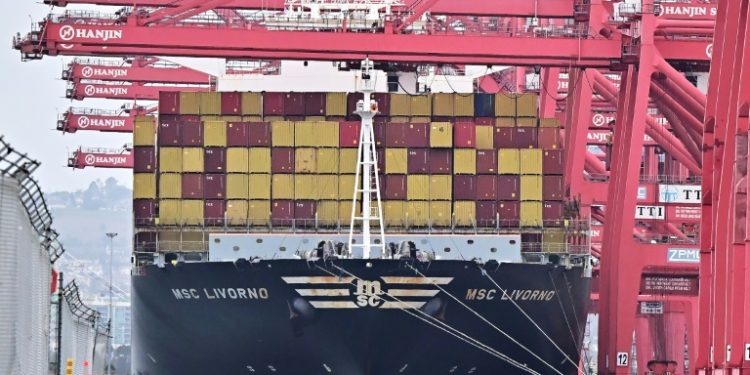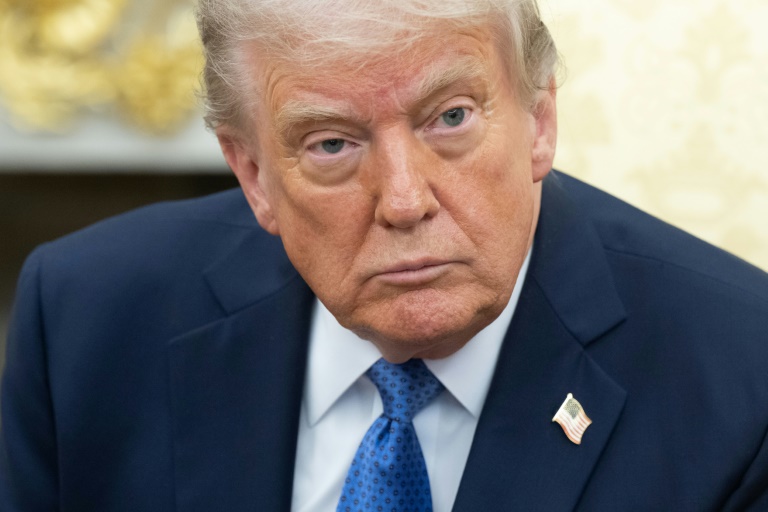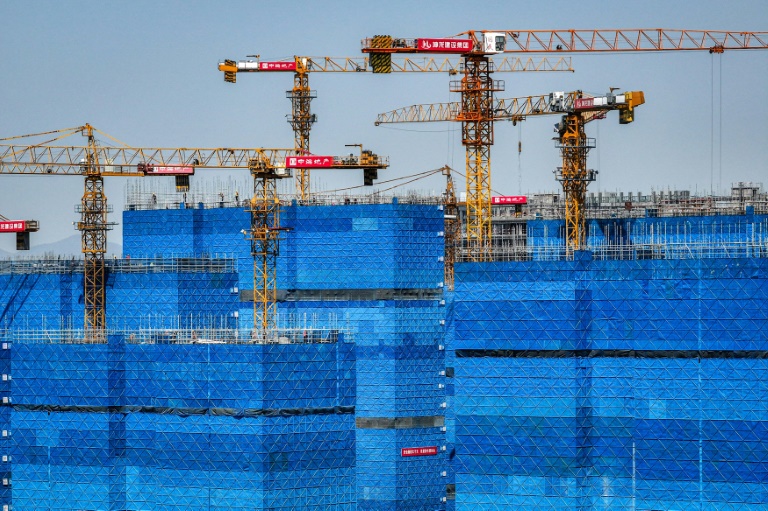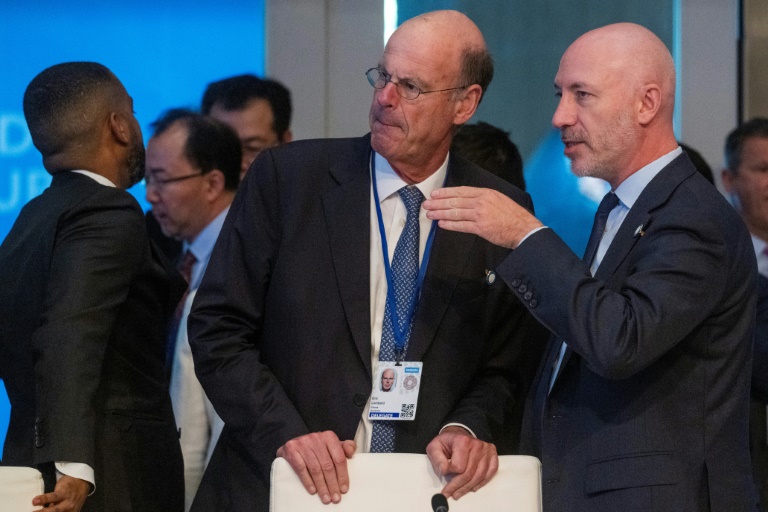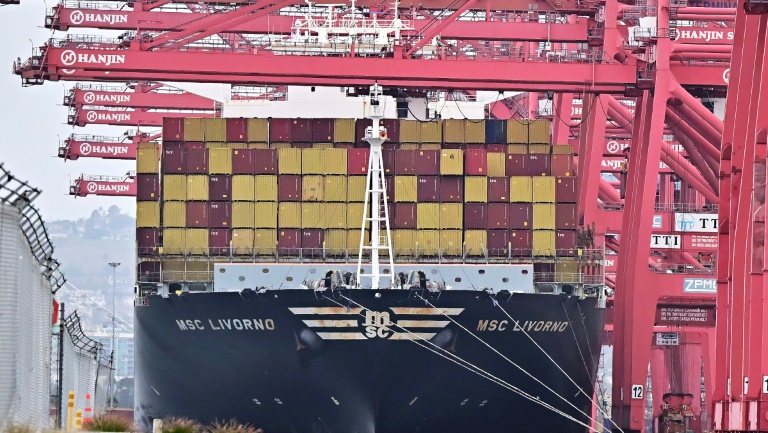Washington (AFP) – Donald Trump said Thursday he was pausing some of the sweeping new tariffs on Mexican imports, amid continued trade tensions with Canada and sustained blowback from global markets on the US president’s policies. Trump stated he would hold off on some tariffs targeting Mexico, furthering a pullback in trade action just a day after providing a temporary reprieve for automakers. After a phone call with Mexican President Claudia Sheinbaum, the president announced that fresh tariffs on Mexico would not apply to trade under an existing regional pact between the United States, Mexico, and Canada. This pause, he indicated, would last “until April 2nd.” At that point, Canadian and Mexican goods could still face reciprocal levies. “I did this as an accommodation, and out of respect for President Sheinbaum. Our relationship has been a very good one,” Trump wrote on his Truth Social platform. His remarks stood in sharp contrast to the escalating tensions with Canadian Prime Minister Justin Trudeau, who stated that Ottawa would remain in a trade war with Washington for “the foreseeable future,” even with “breaks for certain sectors.” “Our goal remains to get these tariffs, all tariffs removed,” Trudeau added.
Global markets tumbled after Trump’s announcement of 25 percent tariffs on US imports from Canada and Mexico took effect on Tuesday, leading economists to predict broad-based price rises for American consumers. The United States’ expanded reprieve for Mexico came a day after the White House also granted automakers temporary relief from the levies affecting various imports, from lumber to avocados.
Scott Lincicome, vice president of general economics at the Cato Institute, remarked on the “economic reality” of Trump’s decision to walk back the 25 percent tariff on Mexico post-implementation. Lincicome acknowledged that tariffs disrupt supply chains and place the burden of levies on consumers, underscoring that “the market doesn’t like them and certainly doesn’t like the uncertainty surrounding them.” He noted that the relief provided by Trump’s announcement to businesses depends on the specifics of his rollback.
Since taking office in January, Trump has issued a series of tariff threats against both allies and adversaries, indicating that trade wars would be a significant part of his foreign policy. Trump has justified the tariffs imposed on the United States’ two major neighbors and vital trade partners, as well as China, by claiming they are necessary to combat illegal immigration and the trafficking of the deadly drug fentanyl. However, federal data shows that Canada contributes less than one percent of fentanyl to the US’s illicit supply and accounts for a relatively minor source of illegal immigration compared to crossings at the Mexican border. Meanwhile, China has pushed back against US allegations regarding its role in the fentanyl supply chain, labeling it a domestic issue that tariffs will not rectify.
US Treasury Secretary Scott Bessent expressed on Thursday that he was not concerned about inflationary pressures resulting from Trump’s tariffs, suggesting any price impacts would likely be temporary. Nevertheless, economists caution that blanket tariffs could negatively affect US economic growth and increase inflation in the short term. Trump has referred to tariffs as a source of US government revenue and a method to address trade imbalances and practices that Washington deems unfair.
According to government data released on Thursday, the US trade deficit surged to a new record in January, with imports spiking as tariff worries heightened during the month of Trump’s inauguration. The overall trade gap for the world’s largest economy ballooned 34 percent to $131.4 billion, spurred by a 10 percent increase in imports for that month, according to the Commerce Department. Analysts speculate that the US deficit was bolstered by gold imports, but noted that “stripping out this impact, all other imports rose 5.5 percent, indicating front-loading of shipments was in full swing.” This trend refers to businesses trying to get ahead of potential cost increases from upcoming tariffs and possible supply chain disruptions.
© 2024 AFP

